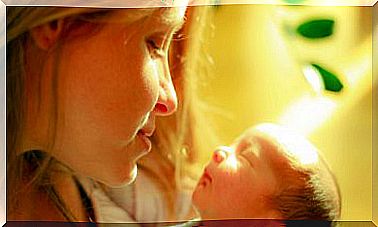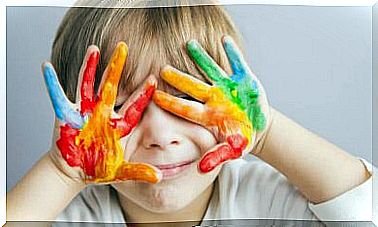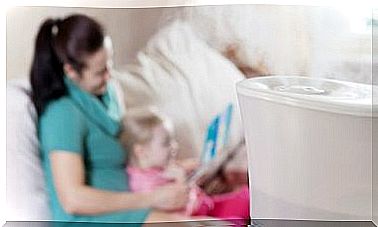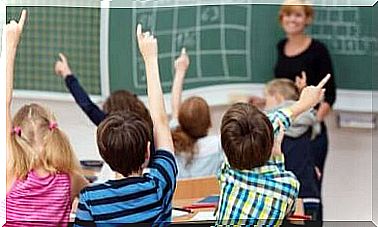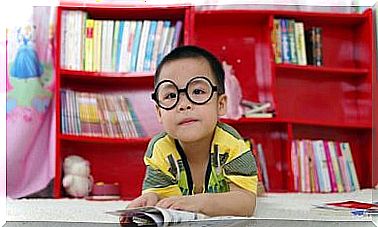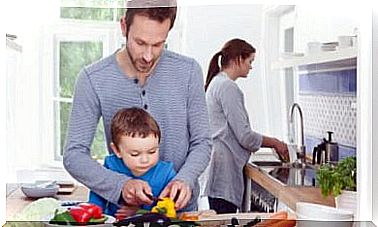Child Psychological Abuse And Its Consequences
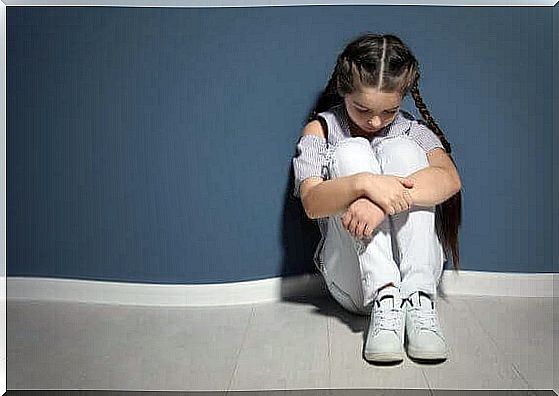
Psychological abuse in childhood can occur when parents or caregivers have acts that generate stress, fear or a feeling of abandonment in the child. Certainly, all of this negatively influences the emotional well-being of little ones.
Undoubtedly, psychological abuse in childhood often has serious consequences that affect the development of multiple abilities in children. Therefore, in every country in the world, there are laws aimed at the protection of children, which try to guarantee their protection and well-being.
Therefore, as parents, it is always necessary to be aware of the signs that children show and their response to social interaction, both at school and at home. It is essential to prevent, through omission or ignorance, a psychological abuse that affects your full development as an individual.
Child psychological abuse and its consequences
Psychological abuse in childhood is understood as a cruel act committed by parents or people close to the children. Thus, feelings of abandonment, fear, shame, fear, discrimination, humiliation and ridicule arise.
This occurs through insults, screams and abuse. Or also through omitting good manners to address children.
One of the most devastating aspects of childhood psychological abuse is that this type of family violence, in most cases, occurs as a repetition of a pattern that the parents themselves were also victims of.
However, childhood psychological abuse is not entirely in the hands of parents. For example, there are cases such as so-called school bullying, between the ages of 8 and 12, in which children report experiencing harassment from their peers, such as ridicule and rejection.
Furthermore, it is important to emphasize that parents can re-educate themselves to break the chains of abuse and employ the correct ways to educate children. With proper psychological guidance or seeking help from organizations that work with the welfare of family groups, this is possible.
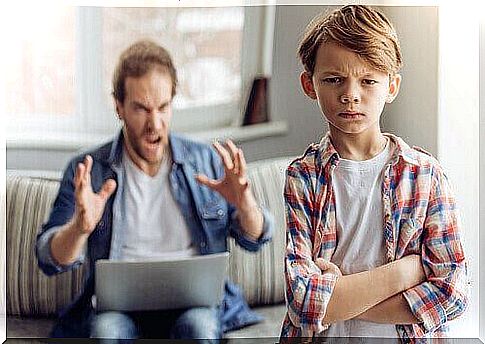
Manifestations of Psychological Abuse in Childhood
Child psychological abuse can become visible in a number of ways. Some of the most obvious manifestations are:
- Being withdrawn at school or refusing to go to class if the abuse comes from classmates.
- Bad behavior that results in rebellion, refusing to fulfill their obligations.
- Throwing a tantrum or having tantrums.
- Expressing that you don’t love your parents or that you don’t feel an affectionate bond with them.
- Demonstrate fear in the presence of adults.
- Excessive shyness.
- Anxiety, nightmares or constant crying.
- Have an overprotective attitude towards other children.
- Show excessively childish attitudes.
Tools to Combat Child Psychological Abuse
There are very simple actions that can serve to reduce childhood psychological abuse. They also enhance emotional tranquility and self-esteem. The first tips concern self-assessment of how we communicate with children.
It is important to consider our level of patience when educating them and how feedback is in communication. Undeniably, it must be assumed that anything we do not like to be done to us, such as shouting or snubbing, should not be done with children either.
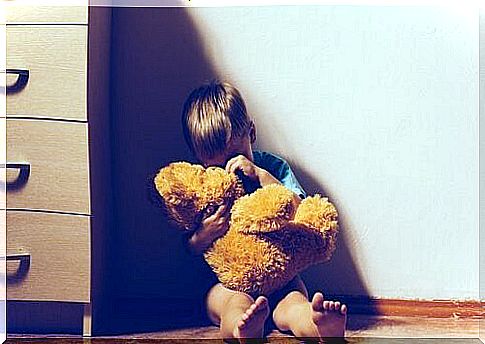
Actions to be avoided
- Ignoring the child or making him feel belittled or unimportant to the core family, for example.
- Make fun of children when they cry or when they express their feelings.
- Shout out.
- Use derogatory nicknames such as ‘dumb’, ‘ugly’, ‘evil’ or ‘silly’.
- Humiliate in public.
- Too much terrorizing or threatening to leave her if she doesn’t behave well.
- Use punishments that make them suffer.
- Not acknowledging your achievements and progress.
Furthermore, it is important that we strengthen love, understanding and solidarity in children from an early age.
Certainly, using emotional vitamins and constant expressions of support, encouraging values related to respect for others, the value of differences and compassion for those who suffer, will serve as a solid foundation for reinforcing self-love. No doubt all of this will also extend to others.
